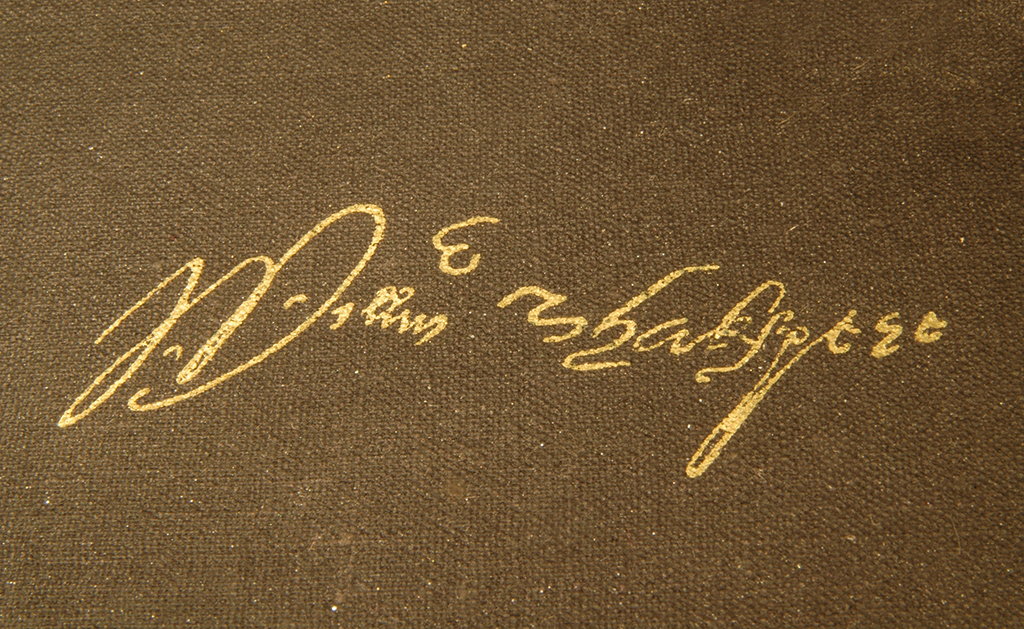
Anthony Nixon provides retrospective will-writing advice to some well-known scribes
“I give unto my wife my second-best bed with the furniture” (Will of William Shakespeare, died 23 April 1616)
William Shakespeare and Anne Hathaway were married for 33 years and had three children. Yet this is the only mention of Hathaway in the playwright’s will, which gave most of his property to Susanna, one of two surviving children.
Commentators differ as to whether Hathaway, as widow, was, independently of the will, entitled to a “dower” of one-third of her husband’s estate. But if Shakespeare were to come to me today, asking me to draft a will on these lines, I would strongly recommend some changes.
Reasonable financial provision
In the first place, Hathaway could almost certainly claim, under the Inheritance (Provision for Family and Dependants) Act 1975, that Shakespeare’s will failed to make “reasonable financial provision” for her and ask a court to award her more. The other child, Judith, might also get involved, because Susanna was so much better provided for. Hathaway, Susanna and Judith would probably instruct separate solicitors and the arguments, whether











